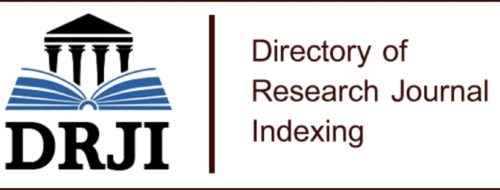Evaluation of the quality of sea water in the disbursement of the Manta river and its effects on the survival of larvae white shrimp (Litopenaeus Vannamei)
Investigation article
Keywords:
Shrimp, contamination, river, bioassay, survivalAbstract
Population and industrial development in the city of Manta has generated unfavorable consequences for aquatic ecosystems, therefore the need to evaluate the degree of survival of biological species at points close to the discharge of highly polluting residuals is imperative. Toxicity bioassays were performed on white shrimp larvae (Litopenaeus Vannamei), obtained at the mouth of the Manta River, Tarqui beach sector, Manabí, Ecuador; In addition, physical-chemical parameters such as dissolved oxygen concentration, salinity and temperature were determined. The survival of the white shrimp larvae exposed to different periods of time was measured, determining that the first mortalities occurred within 72 hours of starting the test in 4 of the six samples evaluated. On the other hand, the concentration of dissolved oxygen was 13.5%; at a temperature of 30 ° C in the riverbed 500 meters before the mouth. It is concluded that due to the mechanism of self-purification of nature against pollution, it is difficult to determine the actual contamination of lakes and seas, so that the resistance hypothesis shown by the shrimp larvae that were the object of this is formulated bioassay, which must be resolved in future research.
Keywords: Shrimp; contamination; river; bioassay; survival.
Downloads
Published
How to Cite
Issue
Section
License
Copyright (c) 2020 Revista de Ciencias del Mar y Acuicultura YAKU

This work is licensed under a Creative Commons Attribution-NonCommercial-ShareAlike 4.0 International License.


1.jpg)













